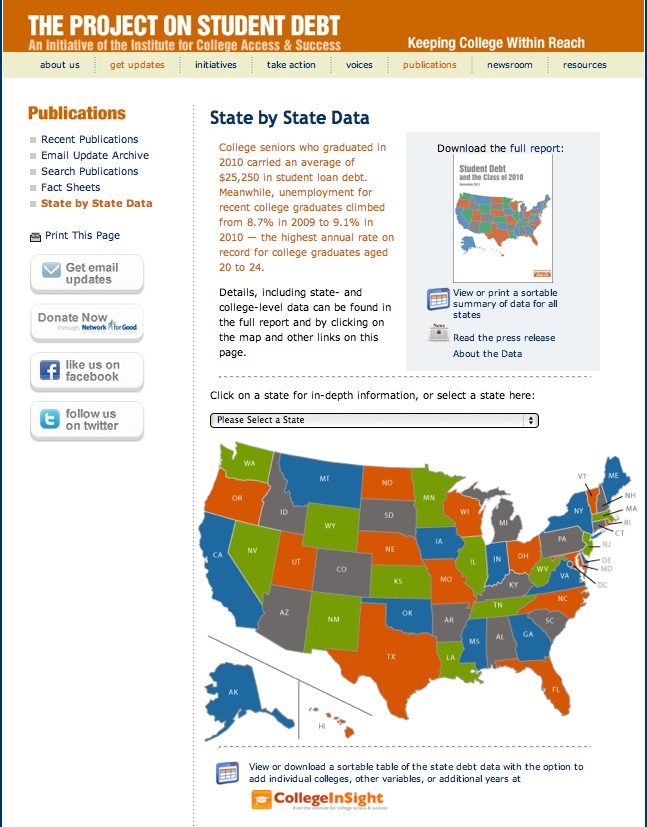 The competition for college acceptance has never been tougher, which is why preparing early for your college education can help you position yourself to get into the college you want. High school graduation may seem like it is ages away, but now is the time to start preparing for college. Getting ready for college means planning for the future and making some very important decisions early—we advise following these six steps below to maximize your chances of getting into the best college possible.
The competition for college acceptance has never been tougher, which is why preparing early for your college education can help you position yourself to get into the college you want. High school graduation may seem like it is ages away, but now is the time to start preparing for college. Getting ready for college means planning for the future and making some very important decisions early—we advise following these six steps below to maximize your chances of getting into the best college possible.
1) Visit a College Counselor as Early as 9th Grade
Students should begin visiting a college counselor as early as 9th grade. Visit your school’s college counselor early and often to assist with SAT prep, college choices, college applications and letters of reference at no additional cost.
2) Do Your Research to Find a Great Match
Finding a college that compliments your educational goals, personality and learning style takes time and effort. Start by making a list of what criteria your perfect school would have. From that list, focus on the schools that meet your needs with regard to location, size, character and degree programs. I highly recommend the various college searching tools available at Student.CollegeBoard.org
3) Visit at Least 6 College Campuses
It is recommended that you visit at least six campuses before senior year begins and applications start going out. Once you have edited down your list of potential schools, schedule an appointment to visit each campus. Also, make sure to check out the schools’ social media sites to get the inside scoop before you visit.
4) Explore Financial Aid, Scholarships, and Total School Costs
Many students find it helpful to prepare an excel spreadsheet to manage information on colleges’ costs, financial aid program and scholarship offerings.
Review national lists of scholarships, awards and grants for college. BigFuture.com is one of many great resources for finding scholarships and awards.
5) Line up Your References Before Junior Year Ends
Get to know teachers and administrators, who can provide valuable letters of reference to accompany your college applications. Get involved in extracurricular activities, such as leadership and service opportunities, to build strong relationships.
Allow enough time to show them why you are worthy of their endorsement and provide ample notice, at least four weeks, for them to write the letter. Send a thank you note after you receive your letter to show your appreciation.
6) Take the SAT Exam Seriously
Preparing for the SAT should start well before you even book the date of the exam. The test draws on information learned during the school year, so make sure you do well in class, working with a tutor as necessary.
Lastly, strong consideration should be given to the type of high school you attend, for not all high schools are created equal. Many colleges will take into account the academic structure and relative rigor of your high school, so attending a respected boarding school or private high school could provide several advantages as well. But, regardless of what high school you attend, the single most important advice I can give you is to start early—getting into the college of your dreams will make all this preparation worth the hard work.
______________________
Today’s guest post was contributed by Amanda Green, a freelance writer who normally writes on the topics of education, business, and personal finance. Amanda has been writing for multiple years on the web and enjoys writing on less serious topics like pets and crafting in her spare time! You can read more writing by Amanda at paidtwice.com










